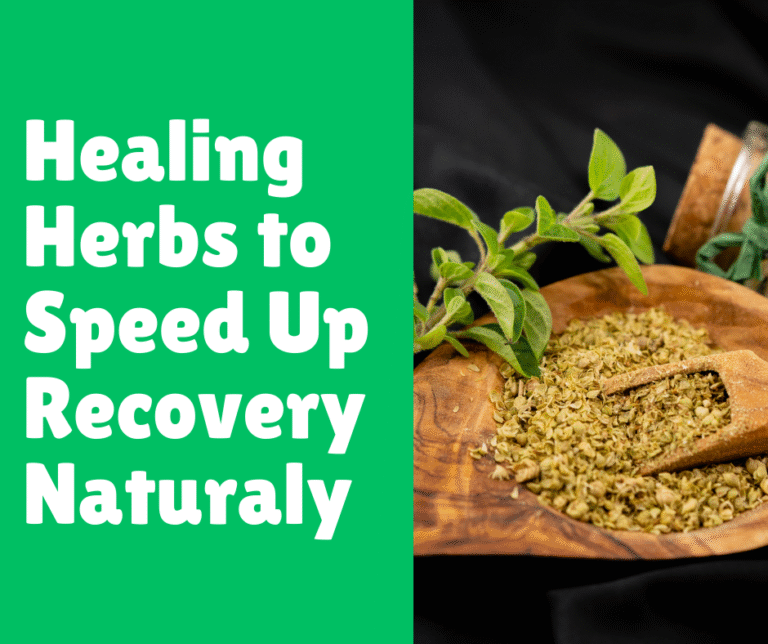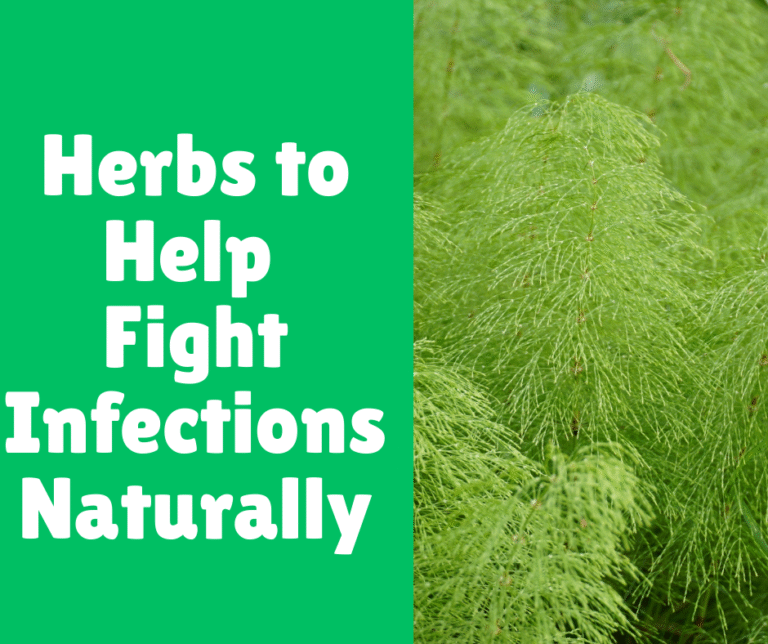Safe Herbs to Support Pregnancy Wellness
Post Disclaimer
Content on this site is for educational use only and not a substitute for medical advice. Herbal remedies are based on traditional knowledge and not medical recommendations. Please consult a healthcare professional before trying any herb. We do not assume responsibility for any outcomes or adverse effects resulting from the use of information provided here.
Pregnancy is a beautiful and transformative experience, but it can also come with its fair share of discomforts.
From nausea to fatigue and aches, expectant mothers often find themselves seeking natural remedies to alleviate these symptoms.
While it’s crucial to be cautious with any treatment during pregnancy, many herbs have been traditionally used for their healing properties and can help support a healthy pregnancy.
In this article, we’ll explore the benefits, safety, and recommended use of herbs during pregnancy.
We’ll guide you through some popular options, provide practical tips, and highlight some common mistakes to avoid.
Whether you’re a first-time mom or a seasoned parent, these herbs could offer you some relief and support during this important time.
The Role of Herbs in Pregnancy: Understanding the Basics
Pregnancy can be a time of many changes, and naturally, many expectant mothers seek ways to support their health.
Herbs have been used for centuries in traditional medicine, offering a wide range of benefits, from reducing nausea to promoting better digestion.
However, it’s important to approach herb use with caution since some herbs can be harmful to the baby or interfere with the pregnancy.
Before using any herb, it’s essential to discuss it with your healthcare provider. Always remember that even though something is natural doesn’t mean it’s automatically safe.
Understanding which herbs are beneficial, their recommended dosages, and any potential risks is key to maintaining a healthy pregnancy.
Safe Herbs for Pregnancy: A List of Top Picks
Here are some herbs that are generally considered safe and beneficial during pregnancy when used in moderation and under medical supervision.
Ginger (Zingiberofficinale)
Ginger is often used to help with nausea and vomiting, especially during the first trimester. It has anti-inflammatory properties and can also aid in digestion. Pregnant women can consume ginger as tea or add it to food. However, it’s best to limit consumption to around 1 gram per day.
Benefits:
- Eases morning sickness
- Reduces nausea
- Improves digestion
Peppermint (Menthapiperita)
Peppermint tea is another popular remedy for soothing stomach discomfort, bloating, and indigestion during pregnancy. It also helps in relieving headaches and muscle pain.
Benefits:
- Eases digestive issues
- Relieves headaches
- Reduces nausea
Raspberry Leaf (Rubusidaeus)
Raspberry leaf is often used in the second and third trimesters to tone the uterus and prepare it for labor. It’s typically consumed in tea form and is believed to help reduce the duration of labor and ease postpartum recovery.
Benefits:
- Strengthens uterine muscles
- Supports labor
- Reduces postpartum recovery time
Lemon Balm (Melissa officinalis)
Lemon balm is known for its calming effects. It can be used to reduce stress, anxiety, and insomnia, which are common during pregnancy. It also has digestive benefits, helping to ease bloating and nausea.
Benefits:
- Reduces anxiety and stress
- Supports sleep
- Eases digestive issues
Chamomile (Matricariachamomilla)
Chamomile is another calming herb. It’s often used to help with sleep disturbances and anxiety. It can also relieve menstrual cramps and help with digestion. However, pregnant women should consume it in moderation and avoid it if they have any allergic reactions.
Benefits:
- Promotes sleep
- Relieves stress and anxiety
- Eases digestive discomfort
How to Safely Use Herbs During Pregnancy
When using herbs during pregnancy, it’s important to follow some basic guidelines to ensure safety:
- Consult Your Healthcare Provider: Always check with your doctor before using any herbs, especially if you’re on medications or have a pre-existing condition.
- Stick to Recommended Dosages: More is not always better when it comes to herbs. Stick to the recommended dosages and do not exceed them without consulting your healthcare provider.
- Opt for Organic: Whenever possible, choose organic herbs to avoid pesticides and other chemicals.
- Avoid Certain Herbs: Some herbs, such as thyme, sage, and licorice root, are not recommended during pregnancy because they may cause complications. Always do your research or ask your doctor before trying a new herb.
- Consider Herbal Tea: Herbal teas are an excellent way to introduce herbs into your diet. However, be mindful of caffeine content and avoid excessive consumption of herbs that may affect hydration levels.
Common Mistakes to Avoid When Using Herbs During Pregnancy
Even though herbs are natural, it’s important to use them with caution during pregnancy. Here are some common mistakes that expectant mothers make and how to avoid them:
- Not Consulting with a Healthcare Provider: It’s easy to assume that herbs are safe simply because they are natural. However, some herbs can have powerful effects on the body, and consulting with your doctor is always a safe bet.
- Excessive Use: More isn’t always better, especially when it comes to herbs. Using excessive amounts of herbs can lead to unwanted side effects or even complications.
- Ignoring Herbal Interactions with Medications: Some herbs can interact with prescription medications, affecting their efficacy. Be sure to discuss any herbs with your healthcare provider if you are on medications.
- Relying Solely on Herbs: While herbs can be beneficial, they should not replace a balanced diet or regular prenatal care. It’s essential to maintain a well-rounded approach to health during pregnancy.
Table: Common Herbs for Pregnancy
| Herb | Benefits | Use & Precautions |
| Ginger | Nausea relief, digestion support | 1g/day in tea or food. Avoid high doses; consult doctor. |
| Peppermint | Eases bloating, indigestion | Tea or supplement. Limit if prone to heartburn. |
| Raspberry Leaf | Uterine toning, labor support | 1–2 cups tea in later trimesters. Avoid in first trimester. |
| Lemon Balm | Reduces anxiety, aids sleep | Tea or supplement. Safe in moderation. |
| Chamomile | Calms nerves, promotes sleep | 1 cup tea, 1–2x/day. Avoid if allergic to ragweed. |
Conclusion
Herbs can be a great natural remedy for many pregnancy-related discomforts, but they should always be used with care and under the guidance of a healthcare provider.
The herbs listed in this article have been traditionally used to support pregnancy and provide relief from common symptoms such as nausea, bloating, and stress.
To ensure your safety and the well-being of your baby, always consult with your doctor before introducing any new herbs into your pregnancy routine.
With the right approach, herbs can be a wonderful addition to your wellness journey, helping you navigate the beautiful experience of pregnancy with ease.
FAQs
1. Are all herbs safe during pregnancy?
Not all herbs are safe during pregnancy. Some herbs can cause contractions, increase the risk of miscarriage, or interact with medications. Always consult your healthcare provider before using any herb.
2. Can I drink herbal tea during pregnancy?
Yes, many herbal teas are safe during pregnancy. However, it’s essential to choose the right herbs and stick to moderate amounts. Always check with your doctor before starting a new tea.
3. What is the best way to use herbs during pregnancy?
The best way to use herbs during pregnancy is in moderation and with the approval of your healthcare provider. Herbal teas, capsules, or tinctures can be a safe and effective way to incorporate herbs into your routine.








